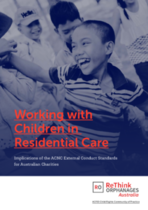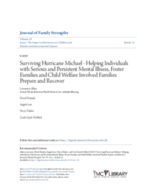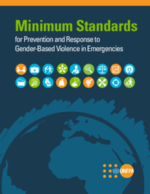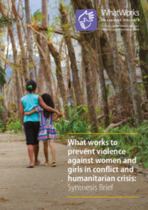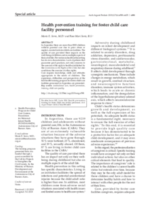Accelerating Strategies for Practical Innovation and Research in Economic Strengthening (ASPIRES) Project
The primary goal of the ASPIRES project is to support gender-sensitive programming, research and learning to improve the economic security of highly vulnerable individuals, families and children.

